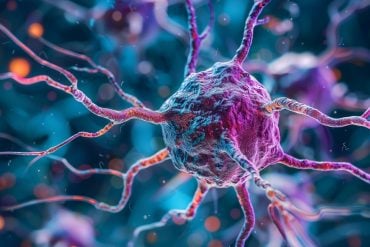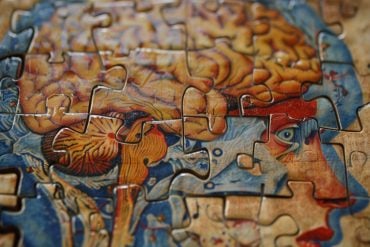Summary: Chronobiologists warn changing to daylight savings can have serious effects on both brain and general health. The change in time during spring was linked to a 24% increase in severe cardiovascular events in women. Researchers also noted the sudden change in time alters circadian rhythms, reduces the production of natural melatonin, impacts cognitive function, and may also foster tumor growth.
Source: University of Granada
A study conducted by the world’s leading chronobiologists — including Darío Acuña Castroviejo, Professor of Physiology at the University of Granada — has warned that changing the clocks in autumn and spring is a significant risk factor for health and well-being, as it alters the circadian system that regulates and controls bodily functions.
The findings, published in the prestigious European Journal of Internal Medicine, constitute an international consensus on the impact of daylight saving on the human organism. The study was carried out to assess how the change of hour in autumn and spring negatively affects human health.
Such are concerns that the European Parliament’s Committee on Transport and Tourism held a workshop entitled “Discontinuing seasonal changes of time in the EU”. Professor Acuña, in his capacity as invited expert, presented the data demonstrating the negative effects of daylight saving reported in the journal article.
He explains: “We must bear in mind that our state of health is based on the maintenance of rhythmic changes of all the functions of our organism, from the sleep/wake cycle to the rhythm of brain neurotransmitters (and therefore, of our cognitive functions); hormonal rhythms; metabolic rhythms; rhythms of cell division; and rhythms in the mechanisms of cellular repair, both at the cerebral level and at the level of peripheral organs.”
An abrupt change
Changing the clocks implies a sudden alteration of these rhythms, because in 24 hours we modify the subjective time of sunrise and sunset. “The circadian system is controlled by the photoperiod or light/dark rhythm. In turn, this regulates the nocturnal production of melatonin, which is the genuine endogenous synchronizer of these rhythms,” observes Acuña.
“This sudden change therefore also triggers a change of time in the nocturnal production of melatonin, leading to a process known as internal desynchrony, which prevents the biological clock from maintaining ‘order’ in the body.” It then takes about 3 to 5 days to work properly again.

“That is enough time for mild, moderate, or severe discomfort to occur, from cognitive disorders (such as loss of attention or memory lapses), to disrupted sleep and cardiovascular problems. It may even foster tumour growth,” notes the author of this work.
The study found that, particularly among women, the change of time in spring is linked to a 24% increase in severe cardiovascular events, including myocardial infarction.
To avoid such negative consequences for human health, this international consensus has proposed that seasonal daylight saving be definitively stopped, a measure that the European Commission is currently studying with a view to implementation in 2021.
Source:
University of Granada
Media Contacts:
Darío Acuña Castroviejo – University of Granada
Image Source:
The image is in the public domain.
Original Research: Closed access
“Impact of Daylight Saving Time on circadian timing system: An expert statement”. Meira e Cruz M., Miyazawa M., Manfredini R., Cardinali D., Madrid J.A., Reiter R., Araujo J.F., Agostinho R., and Acuña-Castroviejo DC.
European Journal of Internal Medicine doi:10.1016/j.ejim.2019.01.001.







